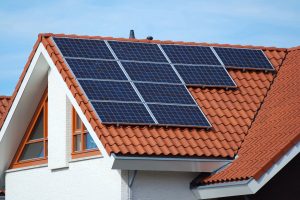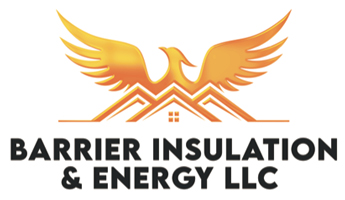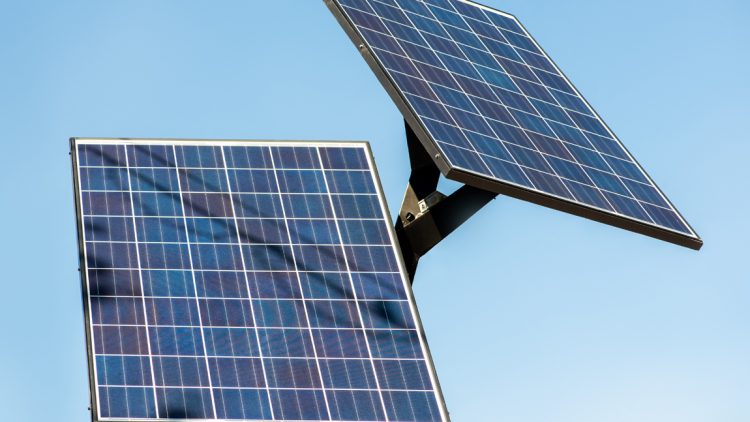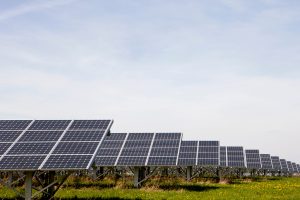Are Solar Panels Right For Me?
Read on to learn more.
Whether solar panels are right for you depends on a number of factors, including:
- Your energy needs: How much energy does your home or business use each month?
- The amount of sunlight your home or business receives: Solar panels need sunlight to generate electricity. If your home or business doesn’t receive enough sunlight, solar panels may not be a good option.
- The cost of solar panels: Solar panels can be expensive, but there are many government incentives available to help offset the cost.
- Your budget: How much money are you willing to spend on solar panels?
- Your long-term goals: Do you want to generate all of your own electricity with solar panels, or do you just want to reduce your reliance on the grid?
If you are considering solar panels, we recommend getting a consultation from a solar installer. They can help you assess your needs and determine if solar panels are right for you.
Here are some additional things to consider when deciding if solar panels are right for you:
- The age of your roof: Solar panels can be installed on roofs of all ages, but if your roof is nearing the end of its lifespan, you may want to consider replacing it before installing solar panels.
- The type of roof you have: Solar panels can be installed on most types of roofs, but some roofs, such as metal roofs, may require special modifications.
- The amount of shade on your roof: Solar panels work best when they receive direct sunlight. If your roof is shaded by trees or other structures, you may need to trim or remove the shade to get the most out of your solar panels.
Are Solar Panels Easy To Maintain?
Yes, solar panels are relatively easy to maintain. The most common maintenance task is cleaning them to remove dirt, dust, and debris that can reduce their efficiency. You can clean your solar panels yourself with a soft cloth and water, or you can hire a professional to do it for you.
Other than cleaning, there is not much else you need to do to maintain your solar panels. They are designed to last for many years with minimal maintenance.
Here are some tips for maintaining your solar panels:
- Clean them once or twice a year, or more often if they are located in an area with a lot of dirt or dust.
- Avoid using harsh chemicals or abrasive materials when cleaning your solar panels.
- If your solar panels are covered in snow or ice, you can gently brush them off with a broom. Do not use a pressure washer, as this can damage the panels.
- If you notice any damage to your solar panels, such as cracks or broken glass, have them repaired by a qualified professional.
By following these tips, you can help keep your solar panels in good condition and maximize their efficiency for many years to come.
Here are some additional things to keep in mind about solar panel maintenance:
- Solar panels are covered by a warranty, which typically covers the cost of repairs or replacement for a period of 20 to 25 years.
- The amount of maintenance required for solar panels will vary depending on the climate and environment in which they are located.
- If you live in an area with a lot of dust or dirt, you may need to clean your solar panels more often.
- If you live in an area with a lot of snow or ice, you may need to remove snow and ice from your solar panels more often.

How much sunlight do I need to make solar panels worthwhile?
The amount of sunlight you need to make solar panels worthwhile depends on a number of factors, including:
- The efficiency of your solar panels: The more efficient your solar panels are, the less sunlight you need to generate the same amount of electricity.
- The size of your solar panel system: The larger your solar panel system, the more sunlight you will need.
- Your energy needs: The more energy you use, the more sunlight you will need.
- The location of your solar panels: Solar panels in sunny areas will generate more electricity than solar panels in cloudy areas.
Generally speaking, you need an average of 4 peak sun hours per day to make solar panels worthwhile. Peak sun hours are the amount of sunlight that is available at its strongest point during the day.
For example, if your home receives an average of 4 peak sun hours per day, and you have a solar panel system that is sized to meet your energy needs, you can expect to offset about 100% of your electricity costs.
If you live in an area with less sunlight, you may still be able to benefit from solar panels, but you may need a larger solar panel system or you may need to supplement your solar power with other sources of energy, such as a battery or the grid.
It is important to talk to a solar installer to get a personalized estimate of how much sunlight you need to make solar panels worthwhile for your home.
Here are some additional things to keep in mind about the amount of sunlight needed for solar panels:
- Solar panels can still generate electricity on cloudy days, but they will not produce as much electricity as they would on sunny days.
- Solar panels can also generate electricity in the winter, but they will produce less electricity than they would in the summer.
- The amount of sunlight available can vary from day to day and from season to season.
By understanding the amount of sunlight you need to make solar panels worthwhile, you can make an informed decision about whether solar panels are the right choice for your home.
Schedule Your Solar Services Today!
Barrier Insulation is Phoenix’s first choice in home and commercial solar panel installation. We proudly provide the valley’s more comprehensive service that helps you stay more comfortable and save on energy. Click here to schedule on our website, or just give us a call at 602-499-2922.


